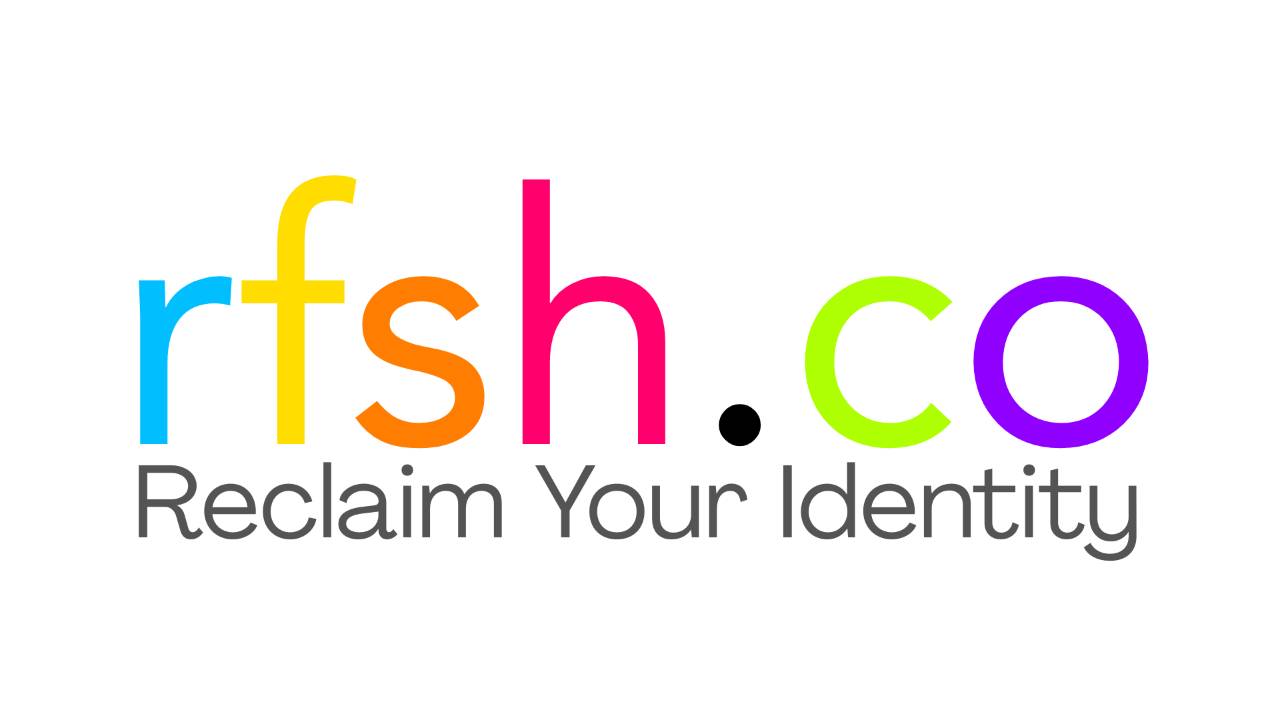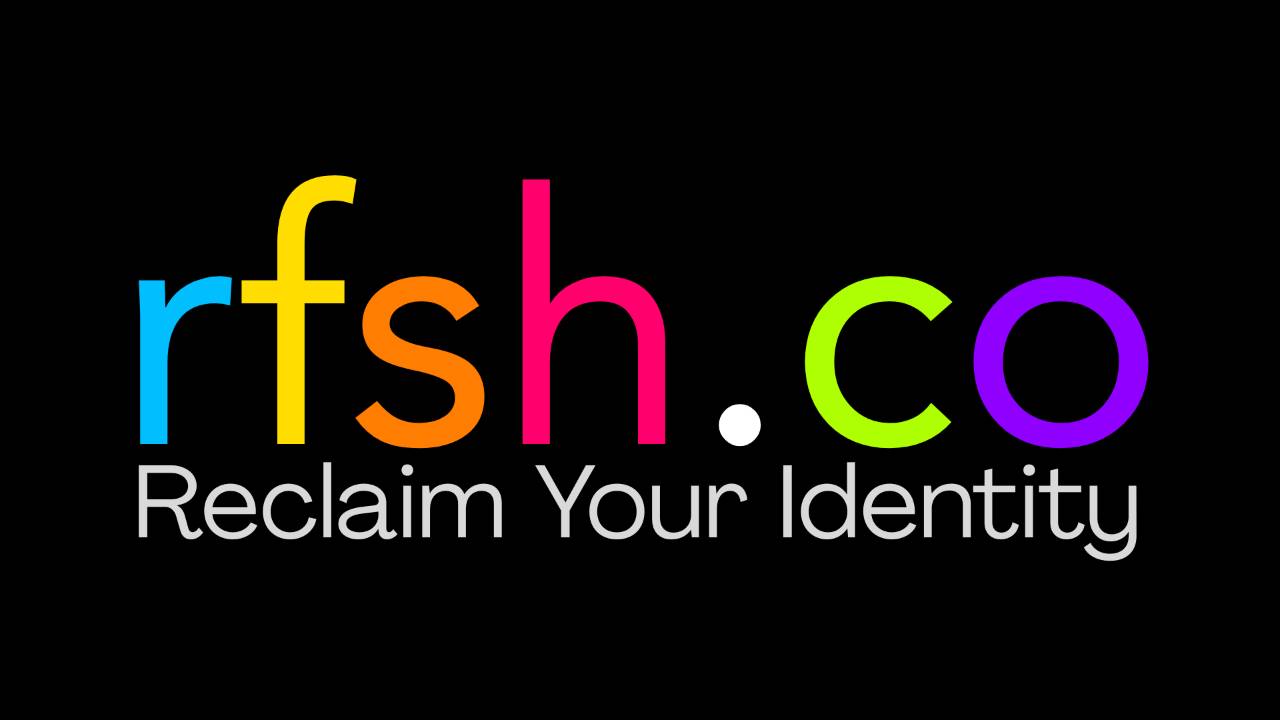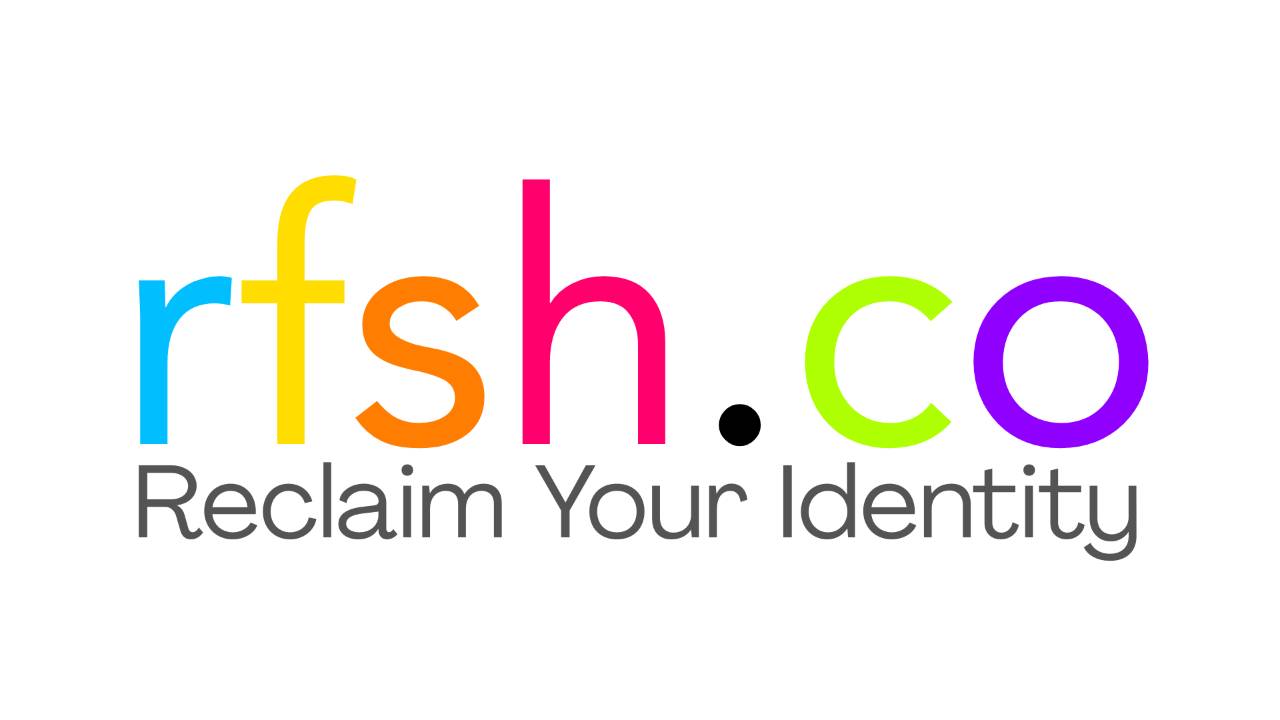19. Managing Reputation Risk in Your Side Hustle
Building a side hustle is exciting and rewarding, but it also comes with certain responsibilities, especially when it comes to managing your reputation. Whether you’re offering services or selling products, your side hustle reputation reflects on your personal brand and, by extension, your full-time job. A misstep in one area could impact both, making it essential to prioritize professionalism and quality from the start.
This article covers key strategies for managing reputation risk in your side hustle, including setting high standards, handling feedback constructively, and developing practices that reinforce trust. With careful planning and a focus on quality, you can build a side hustle that strengthens your reputation both inside and outside of work.
1. Understand How Side Hustle Reputation Reflects on Your Brand
Your side hustle represents more than a business—it’s an extension of your skills, values, and approach to work. The way you present yourself, communicate with clients, and handle challenges in your side hustle can shape how others perceive you in both professional and personal settings. For example, a freelance writer who consistently delivers well-written content is seen as reliable, organized, and competent—qualities that can enhance their full-time job reputation.
How Reputation Impacts Your Career:
- Professional Credibility: A strong side hustle reputation demonstrates responsibility, initiative, and skill, qualities that can elevate your professional image.
- Networking Opportunities: Your side hustle may lead to connections that benefit your primary job or open doors to new opportunities.
- Risk of Overlap: A mistake or unresolved issue in your side hustle could be perceived as a reflection of your work ethic in general. Maintaining high standards can prevent this.
By viewing your side hustle as part of your overall professional brand, you’ll be motivated to maintain a reputation that aligns with your values and career goals.
2. Set Professional Standards and Boundaries
To protect and build your reputation, it’s essential to establish standards for how you conduct business. These standards should reflect the level of professionalism you aim to uphold, such as being responsive to clients, meeting deadlines, and delivering quality work. Clear boundaries also help manage your time effectively, reducing the risk of errors caused by overcommitment.
Key Areas to Define Standards:
- Communication: Set expectations for response times, tone, and clarity. Prompt, respectful communication shows clients that you value their time and business.
- Timeliness: Meet agreed-upon deadlines. If delays occur, inform clients as early as possible and work together to adjust expectations.
- Quality of Work: Ensure that every product or service you offer meets the quality level you’d expect as a customer. Avoid cutting corners, even on smaller tasks.
Defining these standards not only safeguards your reputation but also builds client trust, as they’ll know exactly what to expect from working with you.
3. Consistently Deliver High-Quality Work
Delivering quality work is at the core of any successful side hustle and a key factor in building a positive reputation. It’s not about perfection but about meeting or exceeding expectations. Each project, client interaction, or product should represent the best of what you offer.
Tips for Consistently High-Quality Output:
- Double-Check Work: Take time to review your work before submitting or delivering. This applies to products, emails, marketing materials, and any other client-facing elements.
- Stay Organized: Use project management tools like Trello, Asana, or a simple spreadsheet to keep track of deadlines and client requirements.
- Gather Feedback: Regularly ask for feedback on your work. Constructive input helps you refine your processes and adjust where needed, enhancing quality over time.
Consistent quality reassures clients, builds trust, and reduces the likelihood of negative reviews, which can impact both your side hustle and your primary job reputation.
4. Embrace Transparent and Professional Communication
Transparent communication is crucial in managing reputation risk. Issues may arise in any business, but how you handle them speaks volumes about your professionalism. Clients value honesty, so if something goes wrong, a straightforward approach can often turn a negative situation into a positive experience.
How to Communicate Effectively:
- Acknowledge Mistakes: If a problem occurs, take responsibility and communicate openly with the client. Outline steps to resolve the issue and follow through on your promises.
- Be Proactive: Don’t wait for clients to ask about progress or updates. Proactively reach out to keep them informed and engaged, especially on long projects.
- Set Expectations Clearly: Ensure clients know what to expect in terms of deliverables, timelines, and results. Clear expectations reduce misunderstandings and enhance satisfaction.
Professional communication not only helps manage reputation risk but also encourages repeat business and referrals, as clients appreciate the respect and transparency.
5. Handle Feedback Constructively
Feedback is a valuable resource for any business owner, helping you improve and adapt to client needs. However, not all feedback will be positive, and handling criticism professionally is essential to maintaining your reputation. Negative reviews or constructive criticism should be seen as opportunities for growth rather than setbacks.
Responding to Feedback:
- Stay Calm and Open: Approach criticism with an open mind, avoiding defensive reactions. Thank the client for their input and express appreciation for their honesty.
- Address the Issue Directly: Respond to the feedback by acknowledging any mistakes and explaining how you plan to improve. Specifics help show clients that you take their concerns seriously.
- Use Feedback to Improve: If multiple clients mention the same area for improvement, take it as a signal to adjust your approach. Consistent self-improvement shows a commitment to quality.
Constructive handling of feedback not only strengthens your side hustle but also enhances your reputation for professionalism and reliability.
6. Protect Your Online Reputation
With the prevalence of online platforms, much of your side hustle’s reputation will be shaped through online interactions, reviews, and social media presence. Managing your digital footprint thoughtfully can help you maintain control over how your side hustle is perceived.
Strategies for Online Reputation Management:
- Encourage Positive Reviews: Politely ask satisfied clients to leave reviews on platforms relevant to your business, such as LinkedIn, Google My Business, or specific service websites.
- Respond to Reviews Professionally: Whether reviews are positive or negative, respond with gratitude and professionalism. Address any concerns directly and thank clients for their support.
- Monitor Social Media Mentions: Set up alerts or occasionally search for mentions of your business name on social media. Engage with followers, answer questions, and stay proactive about building a positive online image.
Your online reputation is often the first impression potential clients will have of your side hustle. By managing it well, you strengthen your credibility and encourage new business.
7. Balance Time and Commitments
Taking on too much can lead to burnout, stress, and potentially rushed work—none of which reflect well on your reputation. Balancing your time and commitments is essential to maintain the quality of your side hustle without compromising your primary job.
Tips for Managing Time Effectively:
- Set Realistic Deadlines: Don’t overpromise on timelines. Set achievable deadlines that give you room to handle both your side hustle and full-time job.
- Prioritize Tasks: Use a priority-based approach to handle urgent work first while managing less time-sensitive tasks over a longer period.
- Take Breaks to Recharge: Regular breaks improve focus and help you avoid fatigue, enabling you to consistently deliver high-quality work.
By balancing your commitments, you maintain both personal well-being and the integrity of your side hustle, reducing the risk of mistakes that could impact your reputation.
Wrapping Up: Building a Resilient Reputation
Managing reputation risk in a side hustle isn’t just about avoiding mistakes; it’s about proactively building trust, delivering quality, and handling challenges professionally. Each client interaction, project, and review shapes the perception of your side hustle—and by extension, you as a professional.
Setting high standards, delivering quality work, embracing transparency, handling feedback constructively, managing your online presence, and balancing time commitments are all steps that help you build a resilient reputation. With a proactive approach, your side hustle can enhance your personal brand and become an asset that positively influences both your career and your business.
By taking these thoughtful steps, you’ll build a side hustle that’s not only profitable but also a strong, reputable part of your personal and professional identity.
Other Articles In This Series
1. Managing Time to Avoid Burnout: A Guide for Side Hustlers
2. Getting Started with Low-Cost Side Hustles: A Guide to Smart Financial Investments
3. Navigating Side Hustles and Full-Time Jobs: How to Avoid Conflicts with Your Employer
4. Getting Legal and Compliance Right for Your Side Hustle
5. Managing Financial Instability in Your Side Hustle
6. Managing Reputation Risk in Your Side Hustle (this article)
7. Balancing Your Side Hustle with Personal Relationships
8. Navigating Intellectual Property and Ownership Conflicts in Your Side Hustle
9. Managing Expectations: Building a Side Hustle with Patience and Realistic Goals
10. Finding the Right Market Fit: How to Ensure Demand for Your Side Hustle






Responses